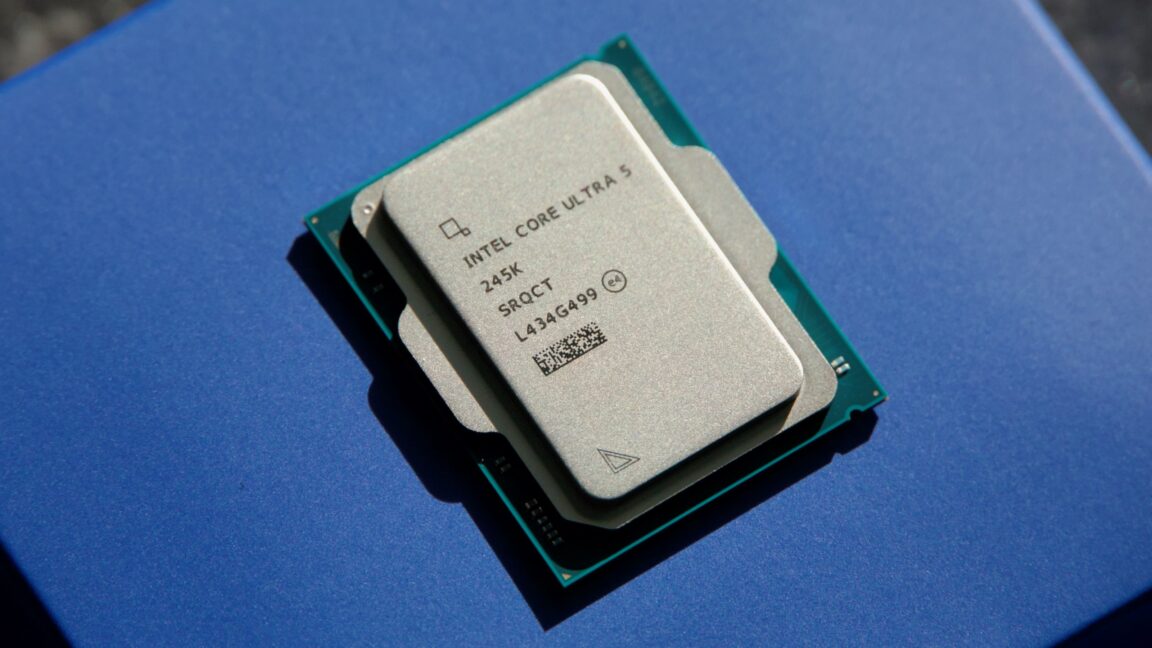Fitness
The Best Fitness Trackers Help You Get More Steps and Better Sleep
Long-distance runners and cyclists looking for a fairly low-cost watch will appreciate the high-end location tracking. And when we say long-distance, we mean long-distance: You can run GPS for 50 hours straight before the battery dies.
What Our Expert Testers Said
If you’re not looking to fork over major cash for one of the best activity trackers, the Mi Watch will get the basics done while giving you plenty of data to nerd out over. Outdoor endurance athletes in particular will like the top-notch GPS chip, which connects to four major positioning systems for extra accuracy, even next to skyscrapers. And the battery will last you 50 hours in active GPS mode so you don’t have to worry about switching watches in the middle of your Ironman. Just beware that some reviewers say the health metrics are tough to trust, so if you’re looking for exact sleep and stress measurements, you’ll probably have to spend a bit more on a Fitbit or Garmin.
Other Fitness Trackers We Like
This lightweight GPS watch boasts 17 days of battery life (38 hours with full GPS enabled) for ultra-long adventures. It’s a streamlined, minimalist design without tons of “extras.”
You get a boatload of features like nightly recovery measurements and offline maps on this tracker. It’s just slow to navigate through different pages to find the one you’re after.
If you really want to geek out on data, the Garmin Fenix 7 is a tech bro’s dream. But let’s be honest—how often are you actually going to measure your cross-country skiing power or mountain biking “flow” and “grit”?
Let’s Compare the Costs of These Fitness Trackers
How We Tested Fitness Trackers
To figure out which devices deserve a spot on your wrist (or finger), we took the best fitness trackers running in the Texas heat, wore them to waterparks, strapped them on for indoor cycling and weight-lifting sessions, and used them to respond to texts and check the weather. Throughout it all, we analyzed how quickly and smoothly the screens functioned, how easy it was to see (and understand) our data, how the materials held up to heavy use, how comfortable the bands felt, and, of course, how accurate the metrics actually were. With all that in mind, plus essential details like battery life and water resistance—and, importantly, the value you’re getting for your money—we determined that these ten rose to the top. Yes, we put every piece of fitness equipment we recommend through rigorous testing before giving it the GQ seal of approval.
Who Are Fitness Trackers Best For?
Whether you’re training for an ultramarathon or just like to hop on your indoor rower every so often, “there’s a fitness tracker for every athlete out there—and when I [say] athlete, I mean anyone trying to just better their health,” Peel says. You can get a new perspective on your health, with helpful info that just might convince you to spend a few fewer hours playing Apex Legends. “I highly recommend everyone trying [a tracker] and just testing it,” Peel says. “I think it makes you so in tune with where you’re at with your workouts, with your recovery.”
Types of Fitness Trackers
The best fitness trackers make it easy and comfortable to gather data around the clock, without hindering your workout or work day. Here’s how to find one that fits your lifestyle—and your wrist, finger, bicep, or leg.
Watches
A smartwatch like the Apple Watch Ultra or Samsung Galaxy Watch6 is basically a miniature companion to your phone, giving you on-wrist access to your apps. That makes them convenient and versatile, but the extra features can drain the battery life—and your wallet.
Bands
Fitness bands are simpler and slimmer than smartwatches, typically with more basic displays and fewer features. Most require a connected app to really get into all your health metrics since the screen is pretty minimal (or non-existent, in the case of Whoop).
GPS
Fitness trackers with a GPS (aka global positioning system), can tell you how far you’ve traveled, which can be a key data point for outdoor endurance athletes like runners and cyclists. Lower-cost trackers sometimes require a smartphone connection to access GPS, so you’ll need to bring your phone with you for those stats. On the other hand, if accuracy is essential for you, consider a higher-end fitness watch with dual-band GPS so buildings and trees are less likely to mess with your Strava map.
How to Choose the Best Fitness Tracker
To find the best fitness watch for you, start by thinking about your personal goals and what metrics you’re actually going to care about. “The specifics of each fitness tracker are so different that you really can break it down to the sport, to the athlete, and what the ultimate goal is,” Peel says. Runners will likely want something with a GPS that can track their distance and stats like their cadence and heart rate zones. Serious lifters will probably be more interested in something like a Whoop that gives them insights on their strain and recovery. Just be sure to ask yourself how much you’ll really use fancy-sounding features like surfing cameras. “The smarter that tracker is, the more expensive it is going to be,” Peel points out.
FAQs
Which fitness tracker is best for health monitoring?
We found the Samsung Galaxy Watch6 to be the best fitness tracker for health monitoring. It gives you real-time ECGs and body composition analysis right from your wrist, plus blood oxygen levels, VO2 max estimates and heart rate data. In particular, our tester—a registered nurse—found the sleep stats to be the best she’s seen.
Which fitness tracker is best for exercising?
The Apple Watch Ultra is our top pick for exercising since it’s loaded with more workout features than you will probably ever use in your lifetime. Any that you do take advantage of will be top-notch and user-friendly.
What is the best fitness tracker for the money?
The Fitbit Charge 6 is the best fitness tracker you can get for the money. At only $160, it’ll auto-detect your workouts and give you exceptionally accurate heart rate data and step counting with a responsive, easy-to-use display. The Fitbit Inspire 3 may be cheaper, but we’d say spending the extra 60 bucks is worth it for the built-in GPS, bigger screen, and more advanced health tracking.
Which fitness trackers are waterproof?
Most fitness trackers today are water-resistant and can handle some low-key laps in the pool. But if you’re looking to go deep-sea diving, both the Oura Ring and the Apple Watch Ultra will still function 100 meters underwater.
About the Experts
John Peel is an IFA-certified master trainer for iFit, the interactive fitness and workout app you’ll find on many of the cardio machines at your gym, and a former collegiate football player.










